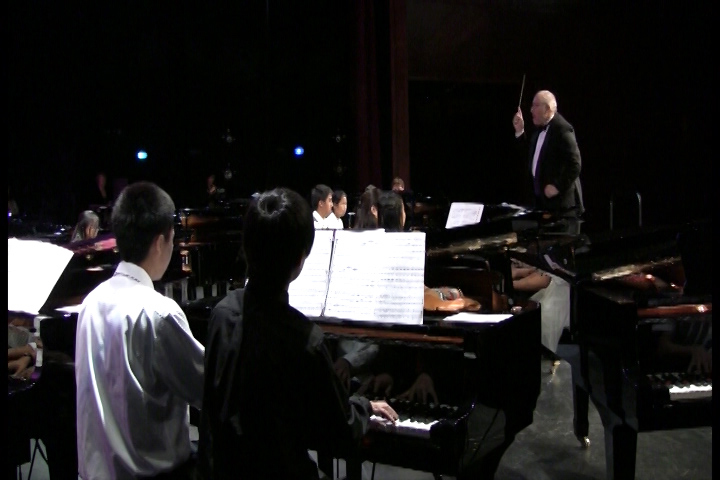Below are notes from the October 27th, 2017 round table discussion Event “Tips on Preparing Students for a Successful CM Evaluation.”
What materials are available for Ear Training?
- Ling Ling’s Ear Training books
- Theta Music Trainer: https://trainer.thetamusic.com/
- MTAC Ear Training (can be ordered from MTAC store)
- Julie Johnson’s Ear Training books
How do I motivate students to sign up for CM?
- Let parents talk to each other (i.e. after recital events or studio gatherings)
- Explain the program at your student recitals (i.e. hand out CM certificate at awards ceremony at Spring Recital)
- Remember that CM is not appropriate for all students
What is available for composing?
- Musecore software program
- Noteflight software program
How do I improve students’ sight reading?
- Sight Reading & Rhythm Everyday, by Helen Marlais
- Musictheory.net
- Flashnotederby.com (downloadable app)
- Tenuto
- Quizlet
- Rhythmswing
- Notability
- pianomarvel.com – students will need electric keyboard and can use 30 days for free
- students will need electric keyboard
- students have free access for 30 days
- if connected to teacher’s account, teacher can monitor progress
- helps students learn by highlighting mistakes in red
- ear training available as well
When is it appropriate for 60 minute lessons?
- Some teachers require 60 minute lessons for CM Level 6 and above
- Put requirement in studio policy
How is theory covered during lesson?
- Charge extra for CM theory preparation
- Have parents buy answer book to save on lesson time
- Assign theory homework to be done at home
- Order practice tests and test often
- Relate concepts to students’ repertoire
- While technique is being played, circle intervals/chords in repertoire for student to identify
- Avoid explaining material; allow students to learn to read and follow directions instead
- Use back of theory book for more examples
- Ask student to teach it back to you
- Use a white board to practice any difficulties
- Use “Just the Facts II” for a balanced approach
- Julie Johnson’s Keyboard Theory workbooks as students’ homework
- Peggy O’Dell Theory workbook has only practice assignments; explanation is left to the teacher
How do I prepare students to score higher ratings?
- Evaluators value expression, dynamics in repertoire as well as technique
- Have students dress up, look presentable
- Set your student up for a stress-free evaluation (i.e. stack the books, number measures, tab pages, etc.)
- Focus on details like rubato, dynamics, phrase shapes, etc.
- Train students to expect the piano to feel and sound different; adjust accordingly
- Have a mock evaluation
- Well-prepared technique sets the tone for the evaluation
Tips on Repertoire Choices
- Let the student choose repertoire
- Teachers need to educate students on good repertoire
- Enroll students in lower level than current repertoire
- Use repertoire that is less known, less popular
How do I help students practice effectively?
- Be very specific with notes (i.e. play 5 times without mistakes)
- Have students write down assignment and check off practice items
- Teach them to practice; don’t teach them the piece
- Have parents help students practice at home until students reach age 11-12
- Facetime with students during the week if they need help
- Older kids should mark their own music
- Have students record their practice
- Make practicing efficient (tell them what to do if they have 5, 10, or 30 minutes to practice)
- Use metronome
- Copy the difficult passages of their pieces and put it on single page; have them practice using this page
- Write down how much time they should spend on each piece
- Educate parents during interview about expectations
- Train students to do the best they can, not halfway
- Best students have accountability
- Make the commitment, not just for fun
- Treat lessons like school – practice and lessons should not be missed
- Help students understand delayed gratification



